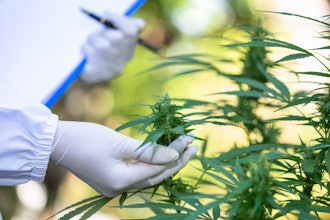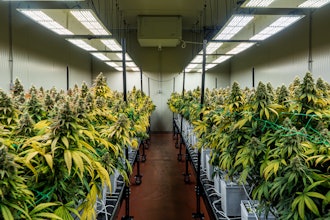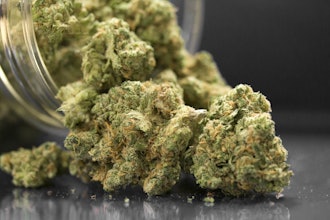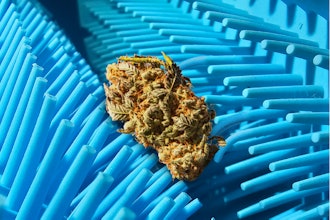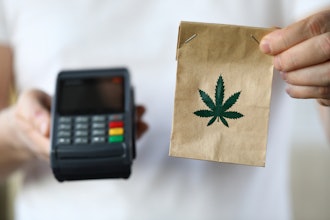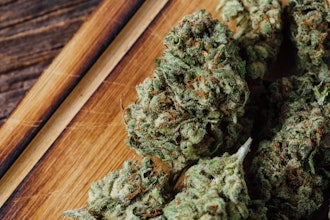
Pennsylvania Governor Josh Shapiro has added legalizing adult-use, recreational cannabis to his proposed state budget. The plan sets legalization of adult-use cannabis for July 1, 2025, with sales within Pennsylvania beginning January 1, 2026.
But he did the same thing last year. The only differences were the years on the end of the proposed legislation and sales dates.
So, when Jushi CEO Jim Cacioppo, who runs a multi-state cannabis operator, expressed optimism about Pennsylvania’s market coming online in the near future, he was questioned about why this year would be any different.
During his company’s earnings call, Cacioppo pointed out that in 2024, Pennsylvania was in the spotlight as a swing state in the presidential election and Shapiro was positioned as a potential Democratic vice presidential candidate.
“So, it was a difficult year to get legislation that requires bipartisan support,” he said. “This year, it’s a different equation, and it’s called money.”
Shapiro is proposing a $51.5 billion budget for 2025-2026. But Cacioppo noted that there’s currently a $3 billion budget deficit, or potentially as high as $4 billion when adjusting for inflation and costs. He also warned that the U.S. economy could be due for a recession within the next few years.
“I think there’s understanding from both Republicans and Democrats of this mathematical equation, and there’s not a lot of good ways to raise revenue other than cannabis and one or two other things,” said Cacioppo, adding that the state also doesn’t appear to be leaning toward cost-cutting measures to address the shortfall.
Cannabis could potentially be extremely lucrative for Pennsylvania, the fifth most-populous state. It anticipates its recreational cannabis industry will bring in $250 million annually in additional revenue, and will generate $1.3 billion over the first five years, bringing home a lot of money that’s likely going to bordering states.
"Almost all of Pennsylvania’s neighbors have legalized adult-use cannabis, including New York, New Jersey, Delaware, Maryland, and Ohio. Pennsylvania is currently at a competitive disadvantage, losing out on critical revenue and new businesses to our neighbors," Shapiro said. "Executives from neighboring states with cannabis stores on the border have reported that up to 60 percent of their customers are from Pennsylvania."
With the possible exception of Florida, Pennsylvania is currently the most-anticipated new recreational cannabis market. And with so many contributing factors aligning, 2025 really does seem like it could be the year the Commonwealth takes the next step.















